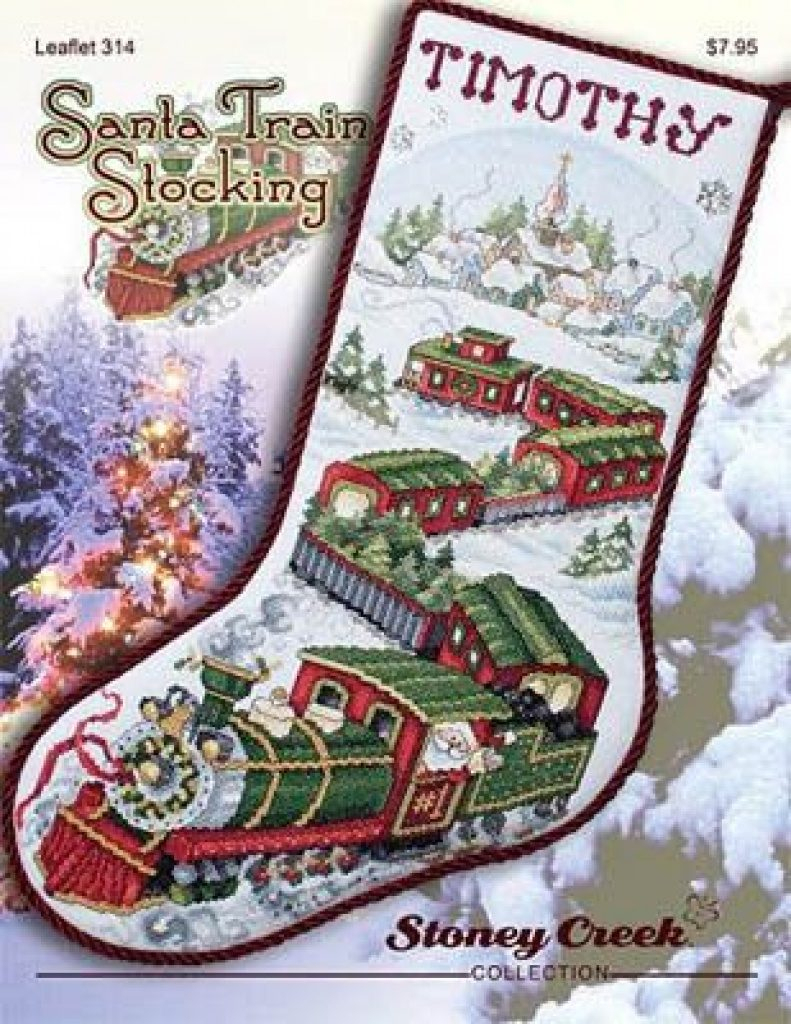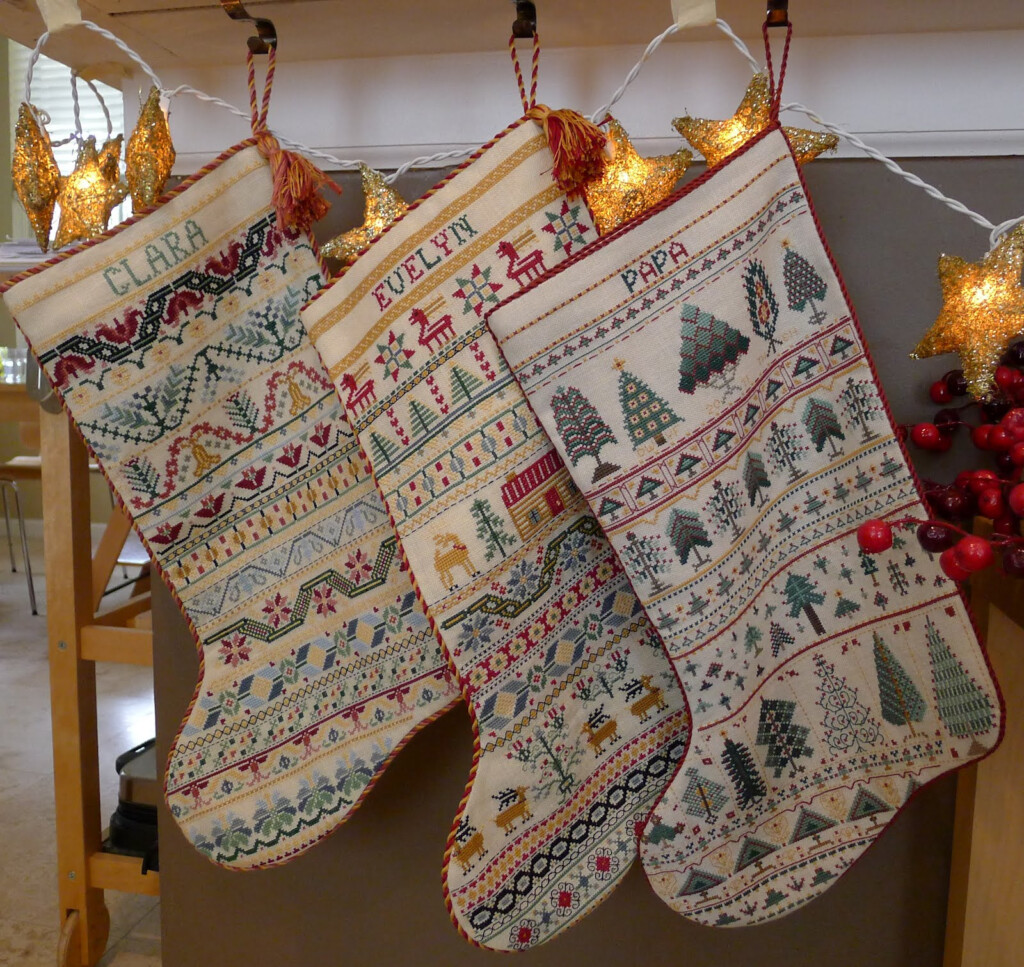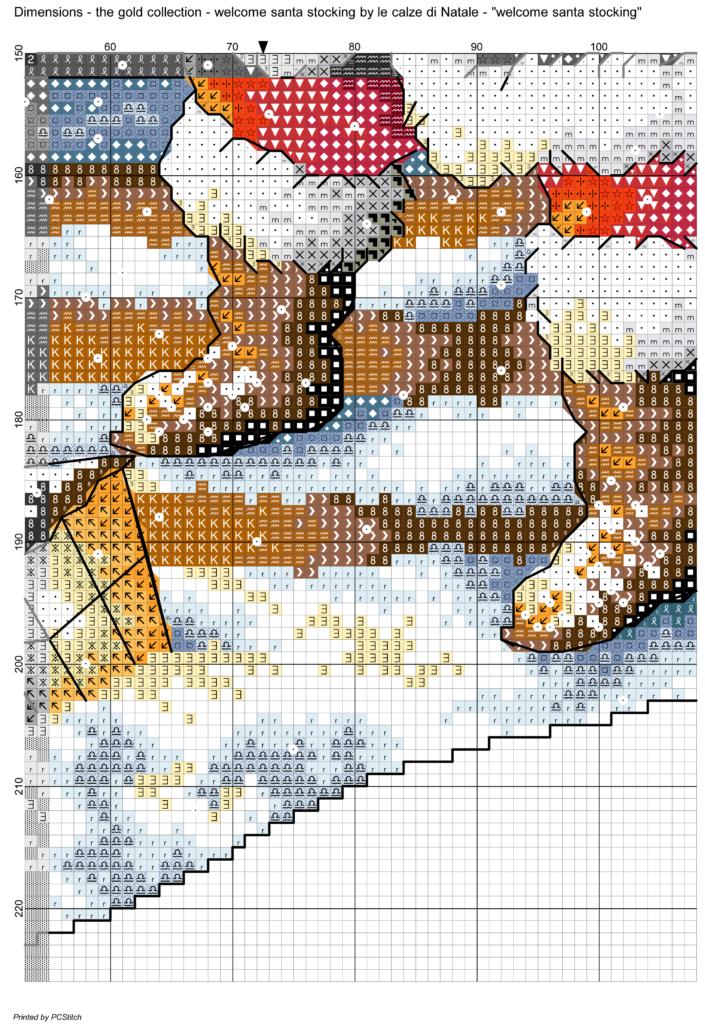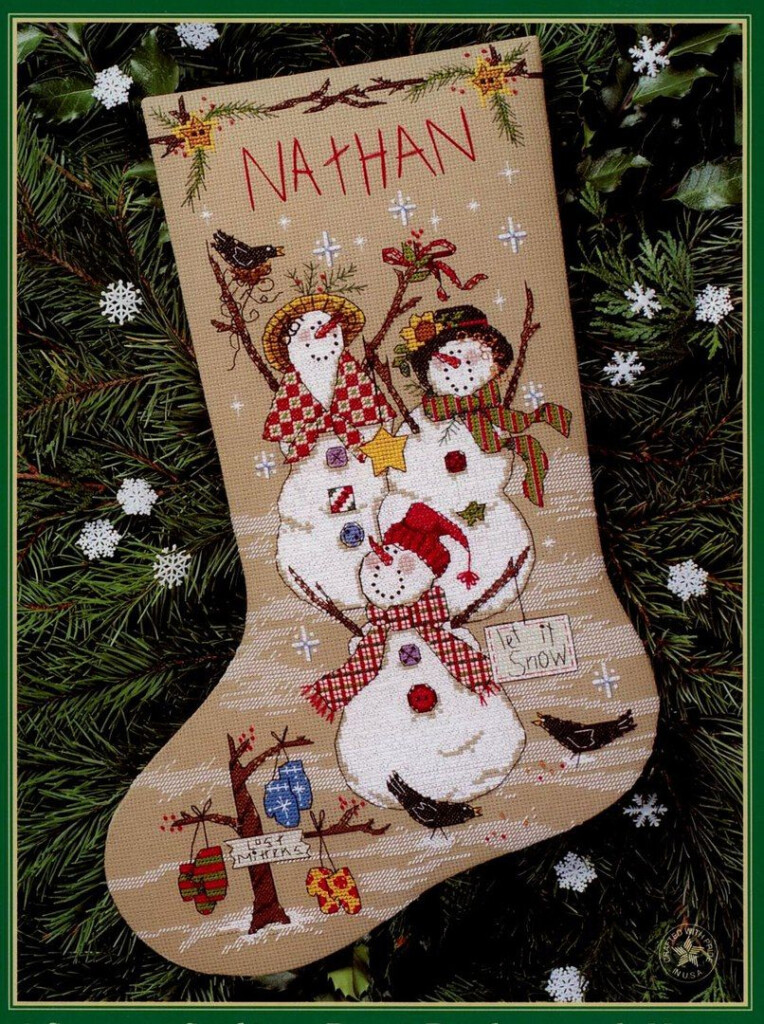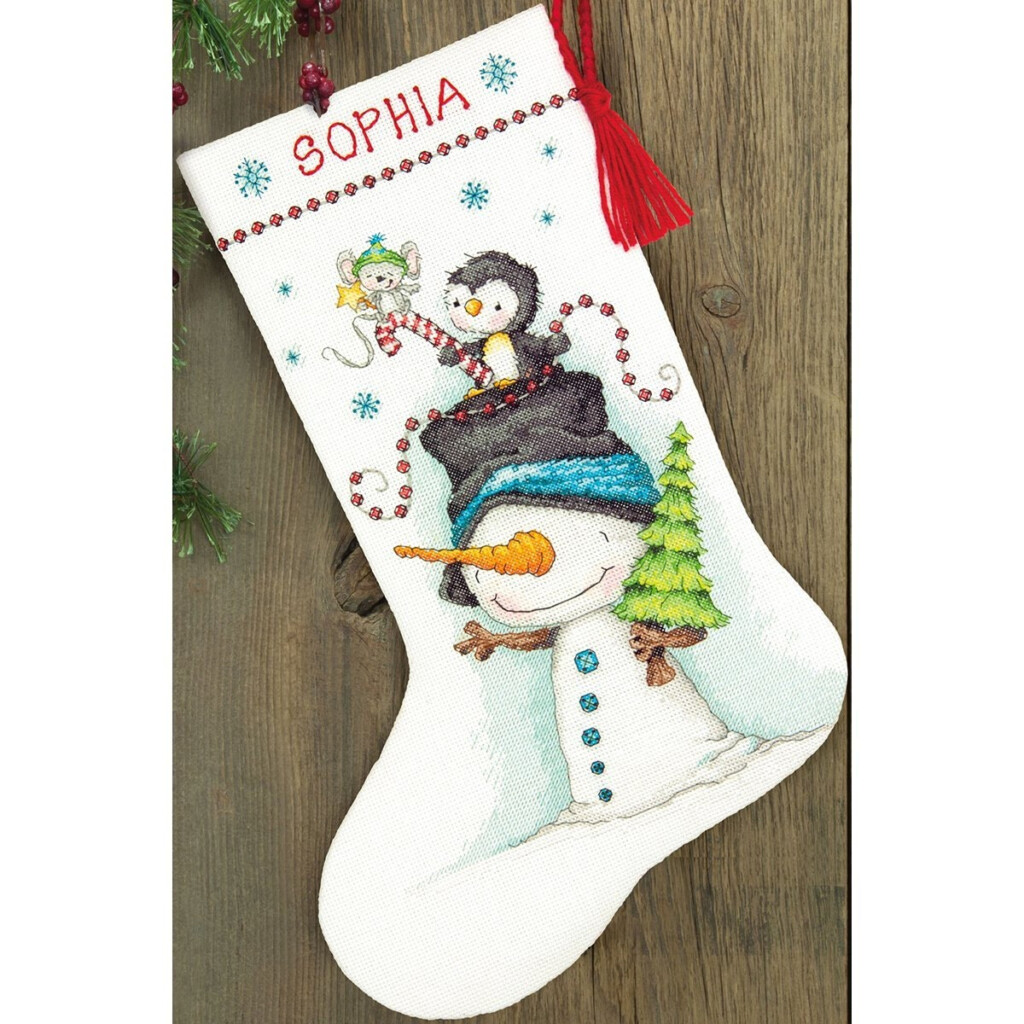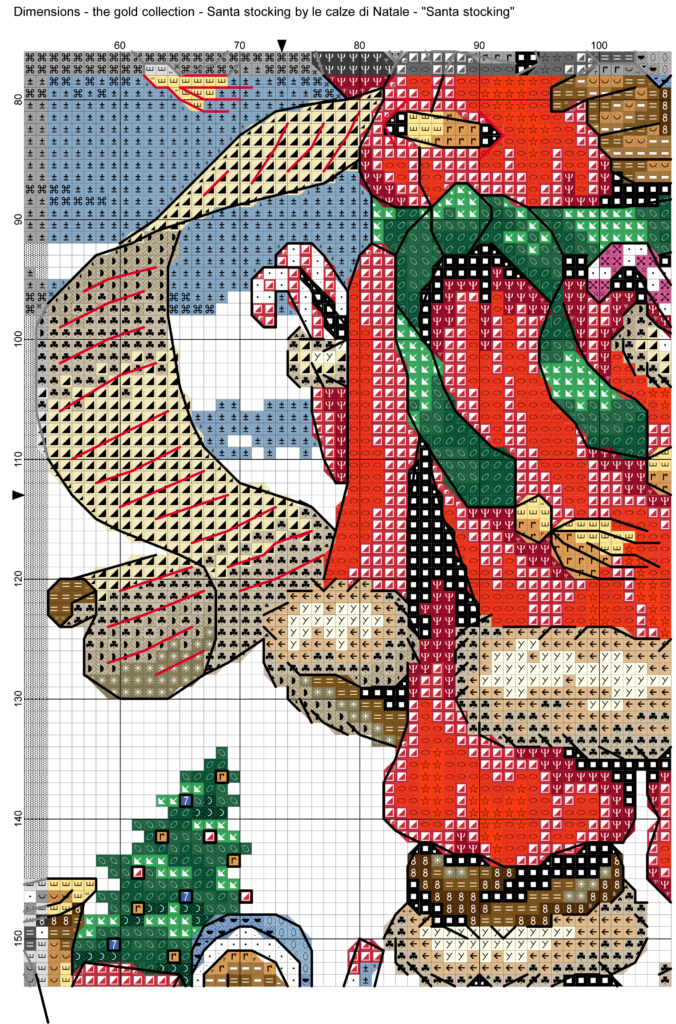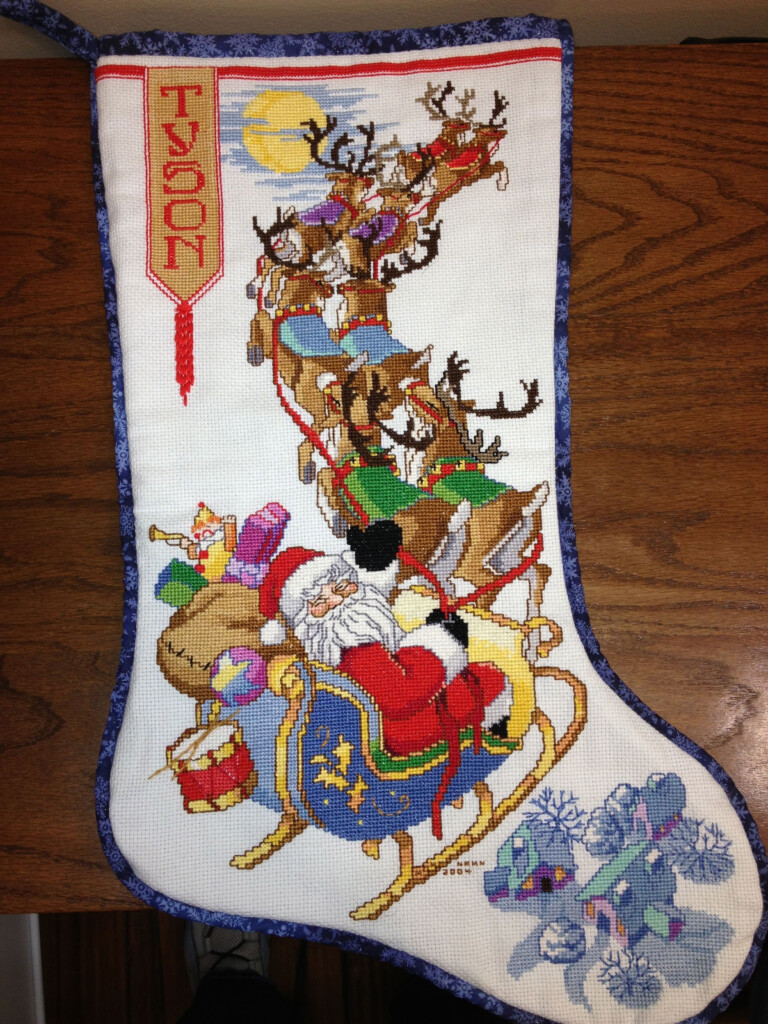Christmas Stocking Cross Stitch Patterns Free – Cross stitch is a classic and relaxing embroidery strategy that enables you to develop magnificent layouts with just a needle, thread, and fabric. Whether you’re a newbie or an experienced stitcher, understanding Christmas Stocking Cross Stitch Patterns Free is crucial to crafting attractive pieces. In this overview, we’ll explore everything you need to know about cross stitch patterns, from crucial products to advanced methods, guaranteeing that you get the confidence to create elaborate and professional-quality layouts.
What is a Christmas Stocking Cross Stitch Patterns Free?
A Christmas Stocking Cross Stitch Patterns Free is a grid-based design that overviews stitchers in creating an embroidered photo. Each square on the pattern represents a stitch, with different colors and signs corresponding to particular thread shades. These patterns can range from easy motifs to elaborate artworks, using an endless selection of innovative possibilities. Recognizing how to check out and comply with these patterns appropriately is essential for both accuracy and performance in your stitching tasks.
Why Use a Pattern?
- Consistency: Ensures uniformity in stitches and design, making your work show up brightened and specialist.
- Assistance: Helps newbies follow a structured strategy, reducing mistakes and complication.
- Imaginative Freedom: Allows customization with various color options, making every item distinct to the stitcher.
- Scalability: Can be adjusted to various fabric dimensions and stitch matters, making it versatile for various project sizes.
- Effectiveness: Saves time by offering a clear roadmap, assisting stitchers plan their operate in advancement and avoid unneeded blunders.
Products Needed for Christmas Stocking Cross Stitch Patterns Free
To get going with cross stitch, you’ll need the best products. Here’s a break down of essential devices:
| Material | Description |
|---|---|
| Fabric | Aida towel is frequently used due to its easy-to-count grid. Linen and evenweave materials offer finer information, ideal for advanced stitchers. |
| Strings | Embroidery floss, normally DMC, Anchor, or Madeira brands. Readily available in thousands of colors to bring styles to life. |
| Needles | Tapestry needles with blunt pointers to avoid fabric damage. The right dimension depends on fabric kind and personal choice. |
| Hoop/Frame | Maintains fabric taut, protecting against creases and unequal stitching, ensuring consistency in your stitches. |
| Scissors | Tiny, sharp embroidery scissors for accurate thread cutting and cutting excess fabric. |
| Pattern Chart | Printed or digital Christmas Stocking Cross Stitch Patterns Free for guidance, providing clear directions on stitch positioning and shade option. |
| Light | A well-lit work area aids avoid eye strain and permits far better accuracy in stitch positioning. |
| Thread Organizer | Keeps embroidery floss tangle-free and easy to gain access to, making shade modifications extra effective. |
Checking Out a Christmas Stocking Cross Stitch Patterns Free
A properly designed Christmas Stocking Cross Stitch Patterns Free gives all the required details to bring your design to life. Comprehending how to translate a pattern effectively makes sure precision and performance in your work.
1. Icons and Color Key
Patterns use symbols to represent various thread shades. Each icon represents a particular floss shade, normally listed in a legend with the thread brand name and number. Acquainting on your own with this tale prior to beginning will make stitching much smoother.
2. Grid System
Christmas Stocking Cross Stitch Patterns Free are prepared on a grid where each square stands for one stitch. The darker lines suggest every 10 squares, helping you count and place your stitches accurately. This structure makes sure placement and prevents mistakes when stitching huge, elaborate layouts.
3. Stitch Types
- Complete Cross Stitches (X): The common stitch, developing an X shape that offers total coverage.
- Fifty Percent Stitches (/): Used for shading and great details, creating a smoother gradient effect.
- Backstitching (-): Used to detail and define forms, adding deepness and clearness to the design.
- French Knots (o): Adds structure and ornamental accents, typically utilized for eyes, blossoms, and embellishments.
- Lengthy Stitches (–): Stitches that span multiple squares to create distinct results, typically made use of in specialized styles.
4. Beginning Point
The majority of patterns recommend starting at the facility to guarantee proper positioning. Locate the center by folding the fabric in half both methods, noting the middle with a water-soluble pen or a small stitch. Beginning with the facility aids maintain proportion and balance throughout the project.
Fundamental Cross Stitch Techniques
Mastering these methods will certainly improve your sewing efficiency and results, ensuring that your tasks look professional and polished.
1. Preparing Your Fabric
- Wash and iron fabric prior to beginning to eliminate creases and possible discolorations.
- Use a hoop or frame to maintain it taut, preventing misaligned stitches.
- If using Aida towel, bind the sides with masking tape, fray check, or a zigzag stitch to prevent tearing gradually.
- Take into consideration gridding the fabric with cleanable fabric pens to assist with placement.
2. Threading the Needle
- Cut a piece of embroidery floss around 18 inches long to prevent tangling.
- Make use of one to 3 strands, depending upon fabric count and wanted protection for ideal outcomes.
- Thread the needle and protect the starting end with a loop or small knot, or make use of the “loophole method” for a neater back.
3. Stitching Methods
- Row Method: Complete one half-stitch (/) across a row, after that return with the other half () to form an X. This serves for keeping stitches attire.
- One-by-One Method: Complete each full X prior to moving to the following stitch, perfect for patterns with frequent color modifications.
- Parking Method: Useful for complicated designs, enabling stitchers to work with numerous shades without confusion.
4. Securing Threads
- Stay clear of knots at the back of your job; rather, weave the thread under previous stitches for a tidy and professional finish.
- Keep the back cool to stop thickness and uneven tension, which can distort the fabric.
Typical Mistakes & & How to Avoid Them
| Mistake | Option |
| Miscounting stitches | Constantly cross-check the grid and make use of a highlighter to mark finished areas. Double-check prior to moving forward. |
| Irregular tension | Keep consistent tension; avoid drawing too tight or leaving stitches as well loose. Uniformity is key to professional-looking work. |
| Incorrect thread shade | Double-check the pattern trick prior to beginning each section to stop time-consuming mistakes. |
| Fraying fabric | Safe and secure edges with tape or a stitching maker zigzag stitch. Making use of a hoop assists reduce fraying. |
| Messy back | Keep the back tidy by weaving in loose ends nicely. This will certainly stop lumps when framing the ended up piece. |
Download Christmas Stocking Cross Stitch Patterns Free
Last Thoughts
Christmas Stocking Cross Stitch Patterns Free use unlimited opportunities for imagination and workmanship. Whether you’re adhering to a classic design or creating something special, understanding the fundamentals of checking out patterns, choosing materials, and developing techniques will help you produce magnificent tasks. Keep practicing, experimenting, and most notably, enjoying the process of stitching! Cross stitch is not simply a pastime– it’s an art form that enables you to bring elaborate styles to life, one stitch each time.
Pleased sewing!
